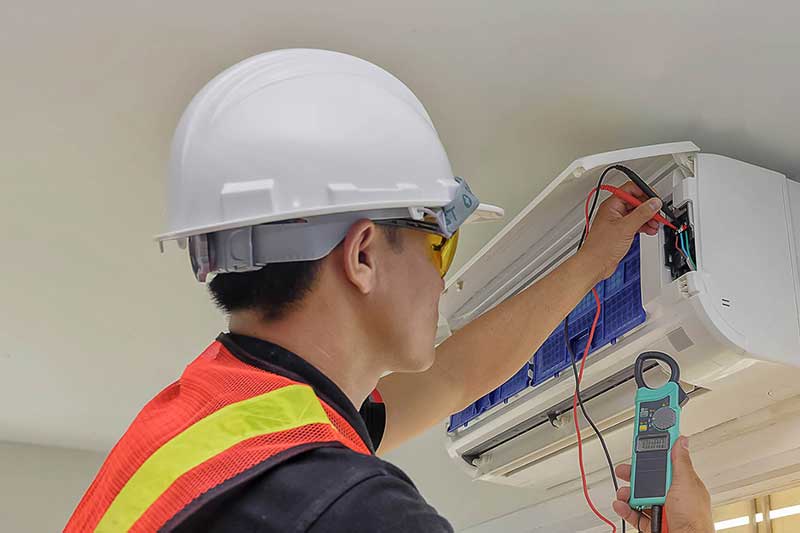Working in the heating, ventilation, and air conditioning (HVAC) industry can be a rewarding career choice. With the demand for HVAC technicians on the rise, many individuals are considering entering this field. One of the most common questions asked by those considering a career in HVAC is: what is the salary like? In this article, we will explore the air conditioning HVAC salary and everything you need to know about it.
Factors Affecting HVAC Salary
The salary of an HVAC technician can vary based on several factors. Some of the key factors that can influence an HVAC technician’s salary include:
- Experience: Entry-level HVAC technicians typically earn less than those with several years of experience in the field.
- Education and Certification: HVAC technicians who have completed a formal education program and obtained relevant certifications often command higher salaries.
- Location: The demand for HVAC services can vary by region, which can impact salary levels.
- Specialization: HVAC technicians who specialize in specific areas such as commercial HVAC systems or industrial refrigeration may earn higher salaries.

Credit: fieldcomplete.com
Median HVAC Salary
According to the U.S. Bureau of Labor Statistics, the median annual wage for heating, air conditioning, and refrigeration mechanics and installers was $50,590 in May 2020. The lowest 10 percent earned less than $30,610, and the highest 10 percent earned more than $80,820.
Job Outlook
The job outlook for HVAC technicians is promising. The Bureau of Labor Statistics projects that employment of HVAC technicians is expected to grow 4 percent from 2019 to 2029, which is about as fast as the average for all occupations. This growth is attributed to the increasing need for installation, maintenance, and replacement of HVAC systems in both residential and commercial settings.
Additional Benefits
In addition to competitive salaries, many HVAC technicians receive benefits such as healthcare, retirement plans, and paid time off. Some employers may also offer bonuses or commission-based incentives for technicians who excel in their roles. Furthermore, as HVAC technicians gain experience and expertise, they may have opportunities for career advancement and higher-paying positions within the industry.
Conclusion
Overall, pursuing a career in the HVAC industry can be financially rewarding, especially for individuals with the right skills, experience, and qualifications. By staying informed about the factors that can impact HVAC salaries and taking steps to advance your education and expertise, you can position yourself for a successful and lucrative career as an HVAC technician.

